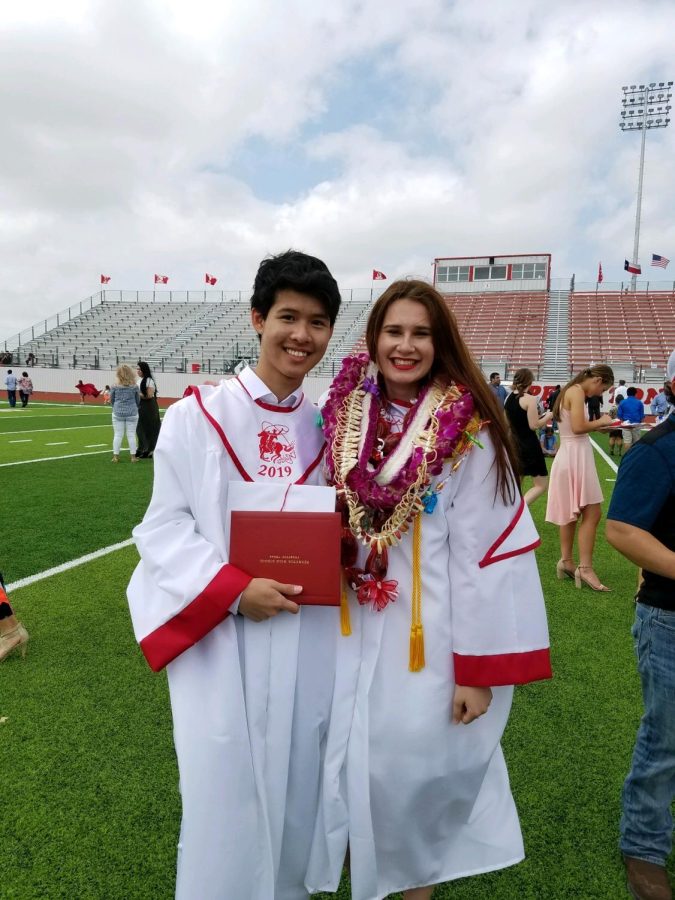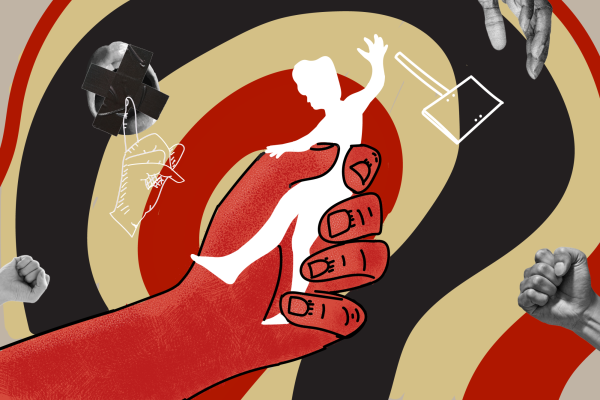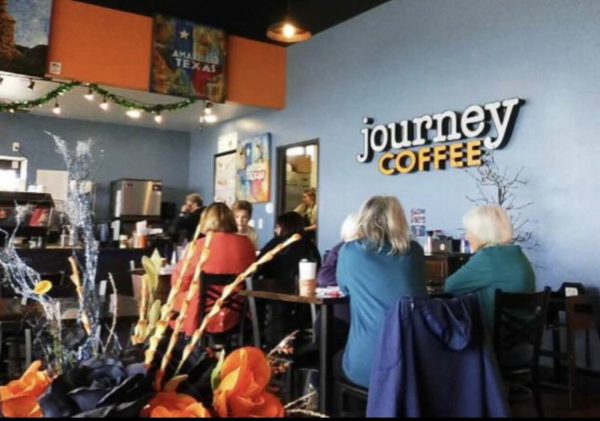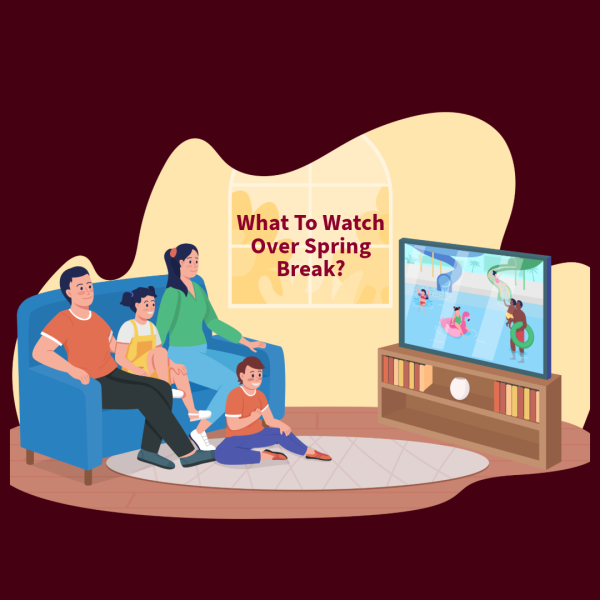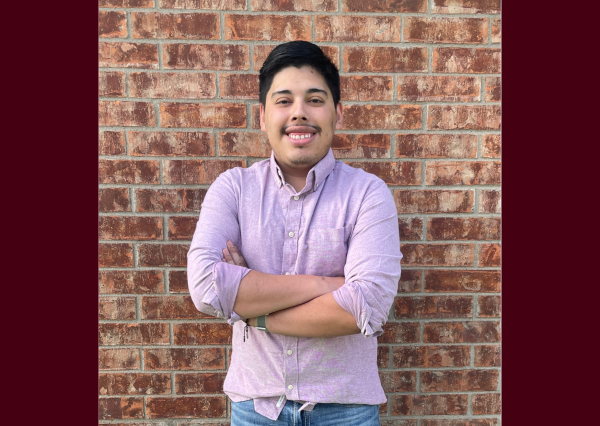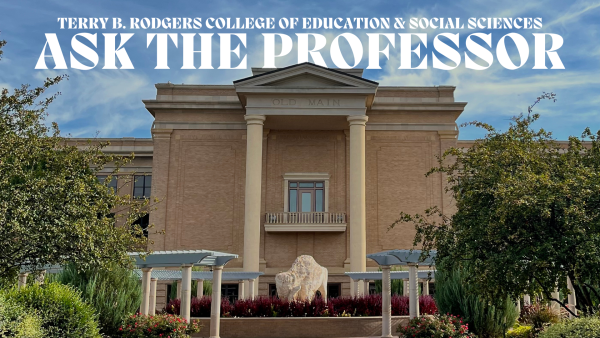Opinion: Why you should not visit Hawai’i
Ashlynn Lester, right, poses with a friend at their Perryton Highschool graduation in 2019 and wearing a traditional Hawaiian Lei.
The Prairie News is a student-led free press. All opinions expressed herein are solely those of the writer and not those of WTAMU.
The Kingdom of Hawai’i is a group of islands in the middle of the Pacific Ocean. Even though the United States claims that the island is a state, “international law protects and maintains the continuity of the [Hawaiian Kingdom].”
Aboriginal Hawaiians came to the island between 1 and 300 A.D. and coexisted with the limited natural resources that come with living in the middle of an ocean. This balance with the islands was destroyed when colonial powers took over the island from the Hawaiian Kingdom. Currently, food and a large percentage of resources must be shipped in from the mainland to the residents of the island. This is due to colonialism and the breaking up of aboriginal residents’ balance with the islands.
“There’s literally so much importance to land; not only can you build generational wealth with land, but there is a spiritual connection with Native Hawaiians,” said Ashlynn Lester, a senior history major, and McNair Scholar. “Our religion was very tied to nature, and a lot of our gods represent aspects of nature.”
Colonialism, which is the “domination of a people or area by a foreign state,” has been on the islands of Hawaii since 1893 when the American military overthrew the monarchy. Since then, there has been a massive depopulation, landlessness, Christianization, economic and political marginalization, institutionalization in the military and the prisons, poor health and educational profiles subjected towards Native Hawaiians. Colonialism attempts to disconnect people from their culture via forced assimilation.
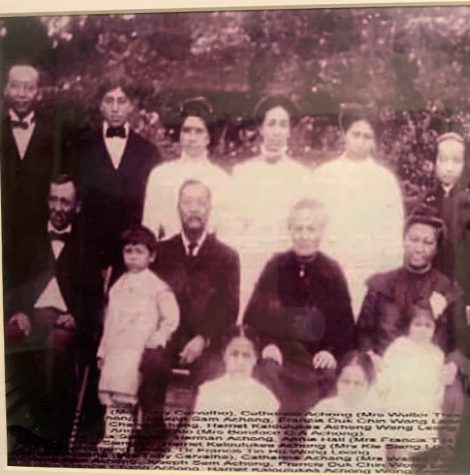
“[We can trace our lineage to Annie was her name,” Lester said. We don’t know her last name because her father was like a lower-ranking chief, a Hawaiian chief. We’re pretty sure he was assassinated…because he was very supportive of the monarchy.”
The history of American colonialism has not stopped but rather changed forms throughout history. Instead of assassinations, there is the legal method of taking land and building expensive developments used for either tourism or the U.S. military. Such actions are still colonialism because they divert resources to those coming to the island rather than those living there.
“Hawai’i already is having a crisis with the water with the US Navy, literally poisoning the water,” Lester said. “When [Hawaii officials] say we’re open for business, it’s putting a strain on the native people who are already living there, who already have a tough time accessing resources.”
With colonialism hurting the islands, visiting the island is not harmless. Visiting the island and participating only with the multinational corporations is modern-day colonialism. However, some Native Hawaiians continue to say that visiting the island at all currently is harming the islands and the people there.
“I would say that [Hawai’i] needs to stop tourism until they can get everything under control until the native Hawaiians have access to the resources they need,” Lester said. “People who are studying Native Hawaiian history and things like that, I think that’s okay. But going to the islands because you just want to, maybe not right now when we’re having a water crisis.”
Hawaii plane tickets are already expensive trips. Choosing to go anywhere else, such as Florida or the Bahamas, will help alleviate the burdens placed on Native Hawaiians.
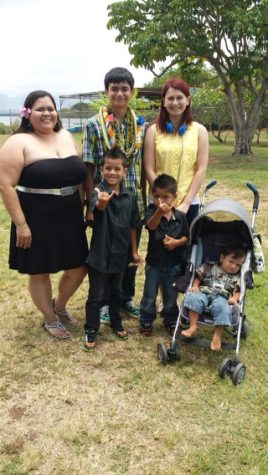
“I’m very disconnected from the islands; I live in the panhandle of Texas,” Lester said. “How I stay in the know of issues that are going on in Hawaii is like talking to family. But also to go on social media.”
With the rise of Tiktok’s shadow banning and an increased propaganda machine on behalf of the U.S. government, those that care about the issues should go out of their way to hear the perspectives of those that live there.
“[Activists] see the damage that all this tourism is doing to the ecosystems on the island,” Lester said. “If we want to make sure that we can enjoy the islands for generations to come, we need to start listening to Native Hawaiian activists. They know how to protect the lands better than anybody else.”
When I asked Lester specifically what she would say to a West Texas A&M University student or staff going to Hawaii, she gave me a final answer. I agree with her answer as well.
“Cancel your tickets,” Lester said. “The Native Hawaiian people can barely afford even to buy groceries there. They can’t afford to own land there. It’s better to go to Florida; Instead, you can still enjoy the tropics there.”



